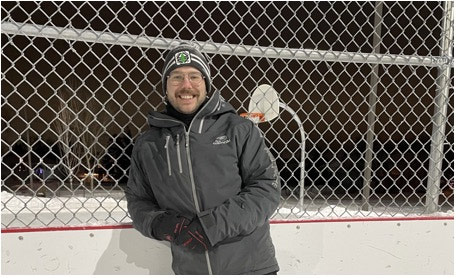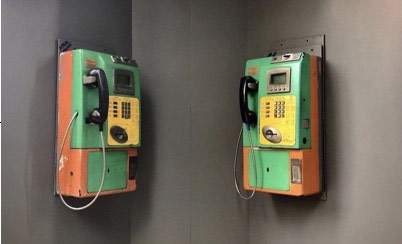Aylmer fraud case points to up-tick in tactics
Lily Ryan
Early in August, a retired Aylmerite received a call at home. The caller, presenting as from the Sûreté du Québec fraud division, was the first step in a fraud case that led to an emptying of this senior’s bank account and credit cards. The identity of the victim is being kept confidential for obvious reasons, but they want everyone to know that extreme caution is needed.
Over the period of a few hours, the thieves explained that the victim’s identity had been stolen by a fraud ring and that several organizations needed to cancel the services and update the security measures. Very educated and official sounding telephone conversations occurred, as the victim was transferred to people claiming to be representatives of Videotron, Visa, the victim’s bank itself and both Gatineau Police and Sûreté du Québec officers. Each transfer or new telephone call had a new person’s voice on the line, and all explained they worked with fraud departments.
In the end, the victim was instructed to cut up all the cards and that a police officer would come collect them. “While I didn’t invent nuclear fusion, I’m no dummy either,” the victim told the Aylmer Bulletin. “These were highly skilled professional thieves, and I can’t believe I was a victim, I really thought I’d never fall for this kind of fraud.”
Once the cards were cut up and put in a bag, the thieves, pretending to be Gatineau Police officers (wearing covid masks), went to the home of the victim and took the bag for disposal as the victim was setting up new cards.
What happened next is the local angle that chills all who hear the story. The cards were not only put back together, but were used at the Galeries Aylmer, at the Pharmaprix nearby and online. Cash was withdrawn from the cards and purchases made. This is not a far-away crime ring at a call centre outside the country.
The victim wants others to know about the experience and to warn neighbours. The police, the credit agencies, the local banks, they all supported the victim. The money was secured by banking insurance and returned. Police connected the victim with CVAC (Crime Victims Assistance Centres), the organization devoted to helping victims of crime recover from their experience. “I don’t trust anything related with banking right now. I don’t want to use cards or electronic banking or talk with anyone I can’t see right in front of me,” the victim explained. “I lost trust, and I don’t want this to happen to anyone else.”




